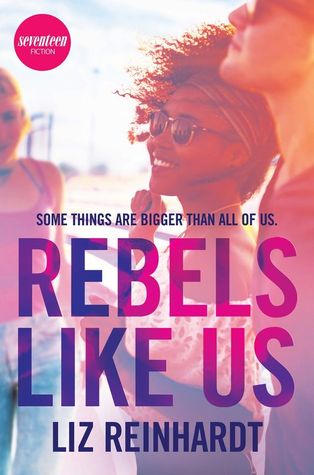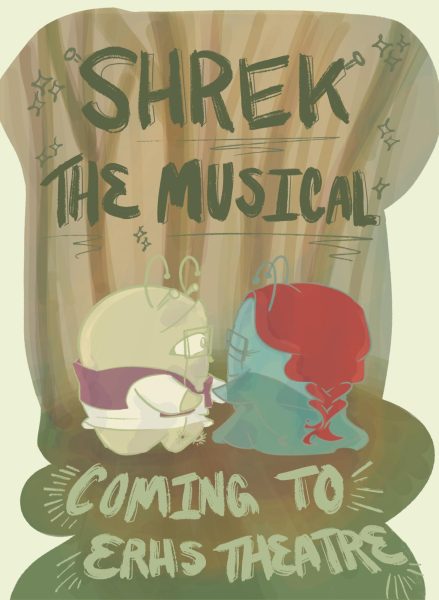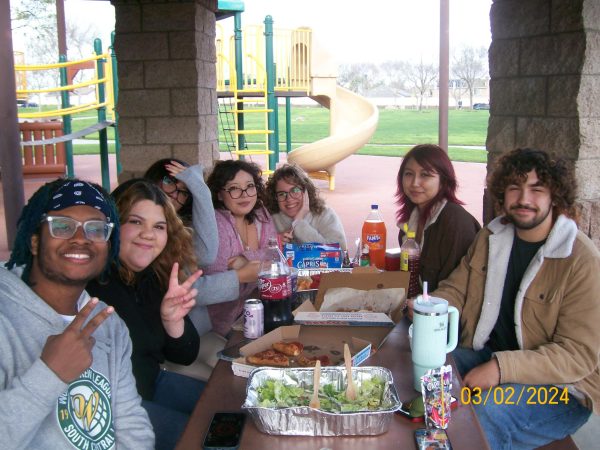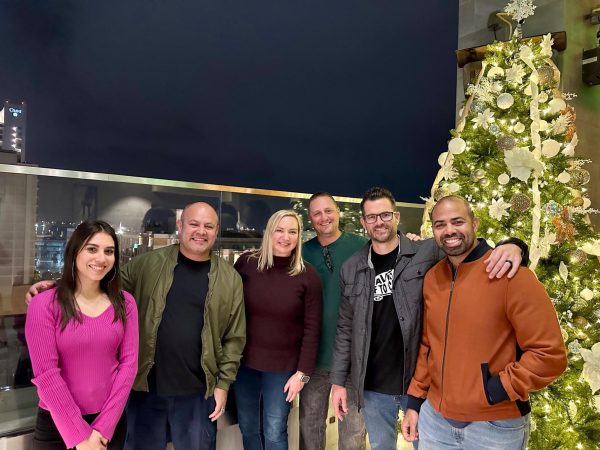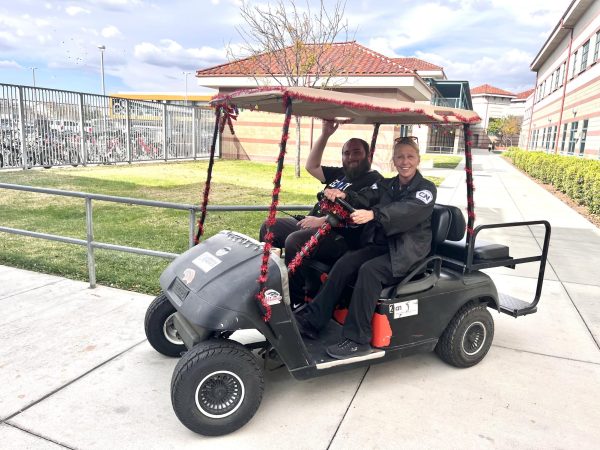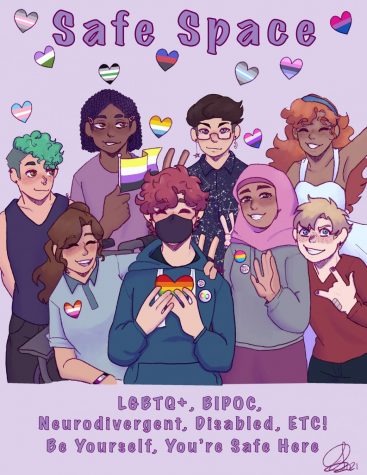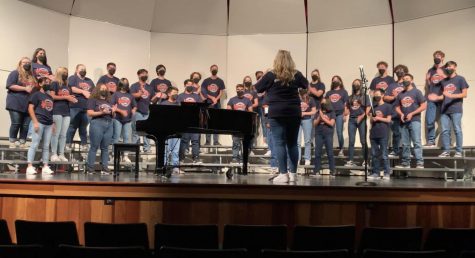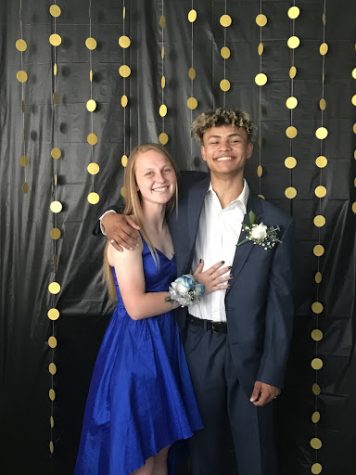The Rebels in Us
May 12, 2018
The book, “Rebels Like Us” by Liz Reinhardt is phenomenal in its writing and story-telling. It follows the life of Agnes-Nes-Murphy-Pujols after she and her mother move from their bustling city-life in Brooklyn to the quaint and traditional state of Georgia. Immediately, it’s clear that Nes doesn’t fit in with her peers at Ebeneezer High: her Brooklyn accent and demeanor make her standout amongst the others.
Through her friendship with Doyle Ron, a fellow senior at Ebeneezer High, Nes is able to combat the homesickness she feels at the beginning of the story. And learning of Doyle’s complicated homelife makes Nes see a new perspective on her own life, and they eventually form a romantic bond with one another.
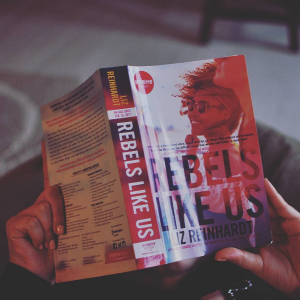
However, throughout the book, Nes begins to experience what life is like for a black person in the south, as opposed to the east coast, which began when she was pulled over by a police officer after she borrows Doyle’s car. In the story, Reinhardt does a good job at creating the tension around this scene, and is able to make you feel Nes’ fear at the cop’s harassment and discriminatory insinuations. She is eventually let off with only a warning from the officer that others may not like people like her.
Though it isn’t implicitly stated in the scene, the author makes it clear that the officer pulled her over for no other reason other than the color of Nes’ skin. The event is something that shakes her up, and continuously effects that way she views living in Ebeneezer. Nes becomes constantly aware of her race – Dominican and Irish – but it isn’t until the main conflict of the story is introduced that the racism in their town becomes exposed.
In the narrative, Ebenezer doesn’t have enough funds to host a school-functioned prom. Instead, it is hosted by community members, but because of this, it is sadly a segregated event. One black prom and one white prom. Now, it is important to acknowledge that this story takes place in the 21st century, long after segregation was made illegal in the United States.
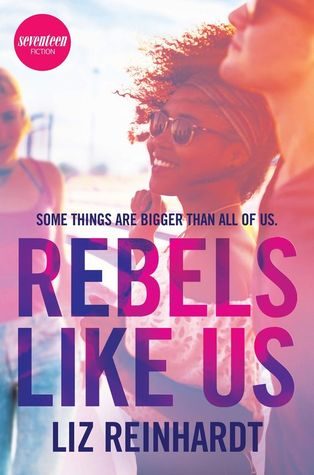
With all of these facts being known, it makes the segregated prom even more disturbing. Nes, having fallen in love with Doyle, wants to go to prom with him, but considering that he’s white and she’s ‘black,’ they can’t.
Instead they decide to host their prom with other students that don’t support the segregated event. It’s met with backlash from people in the town; even going so far as to leave a burning cross on Nes’ lawn. But Nes and Doyle never back down, and go through with their “alternative prom.”
“Rebels Like Us” is an important book due to the realistic portrayal of what it is like to experience racism. The helpless, scared feeling that Liz Reinhardt illustrated through her character Nes speaks for what most black people, or African Americans, experience. Though I find it hard to believe that in today’s America there are segregated proms, but it isn’t hard to imagine.
This book is a romance that develops the relationship between Nes and Doyle, but Reinhardt develops their characters individually so that by the end of the book, readers are able to gage who they are. The romance doesn’t take away from the serious aspects of the story. Nes and Doye, and even the secondary characters, are fleshed out enough that we understand that everyone is human.
I highly recommend this story to anyone, but specifically people that enjoy social justice. The center conflict in the book may be made up, but the issue of racism and belonging is one that you can find anywhere.

